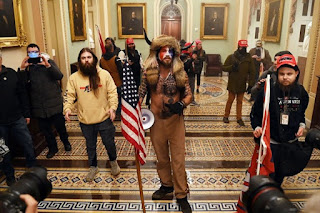BLOG BOG

Something struck me as I researched the benefits of and the skills needed for blogging for this assignment. And that was how much blogging has become a business. At least half of the hits on each page of results referenced marketing, making money from blogging, or being a “pro” blogger. Instead of individuals blogging solely for friends and family, it began to encompass professional and personal/professional goals and became a way for people to promote their personal brand and their business (Minaev, 2021) . As someone who was part of the “blogiverse” (as a reader, not a blogger) from the early days, this hit me hard. When I think of blogging, I think of how advances in online technology (high-speed internet access, online software programs, and feed readers) were allowing people to express themselves, share their knowledge and their passions and to maybe make a difference in an area they loved (Dekmezian, 2016) . This was back in the days when Blogger required knowing at least a bit o...




